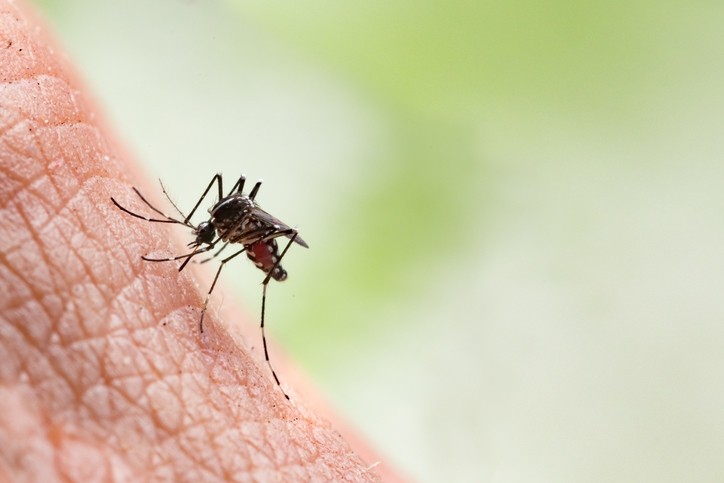Drug makers can help stop the spread of antimalarial drug resistance, says expert

Associate professor of tropical medicine at the London School of Hygiene & Tropical Medicine, Shunmay Yeung, told us an increasing number of microorganisms in Southeast Asia are no longer sensitive to the antimalarial drug artemisinin.
“Artemisinin-resistant parasites have a selective advantage over artemisinin-sensitive parasites,” she told us.
“This means they can survive and multiply when exposed to treatment with artemisinin, whilst the sensitive parasites are killed off,” she explained.
The Greater Mekong Delta subregion
Earlier this month, The Lancet announced that drug resistant malaria parasites – plasmodium falciparum – had been detected in Vietnam.
According to the report, artemisinin resistance is associated with mutations in the pfKelch gene.
“Initially multiple independent Kelch mutations were observed, but in a recent sinister development, a single dominant artemisinin-resistant P falciparum C580Y mutant lineage has arisen in western Cambodia, outcompeted the other resistant malaria parasites, and subsequently acquired resistance to[antimalarial drug] piperaquine.
Yeung similarly told us artemisinin resistance is spreading quickly across the Southeast Asian region.
“Resistance was first described on the Cambodia-Thai border in 2008 and is now found throughout the region and getting worse,” she told us.
“There seems to be a combination of emergence of resistance strains in different locations, and spread of resistance strains from one place to another,” she added.
Combination therapies
Yeung told us drug makers can respond to this crisis by “developing new, effective and safe, fixed-dose combination therapies where the partner drugs have novel modes of action but similar half-lives.”
“This is to avoid either drug being left ‘unprotected’ by the other,” she said.
The approach is being trialled by the Worldwide Antimalarial Resistance Network (WWARN), which is testing several Triple Artemisinin-based Combination Therapies (TACT).
“The project examines the safety, tolerability and efficacy of these TACT combinations, and study the pharmacokinetic and dynamic drug interactions,” said WWARN.

















